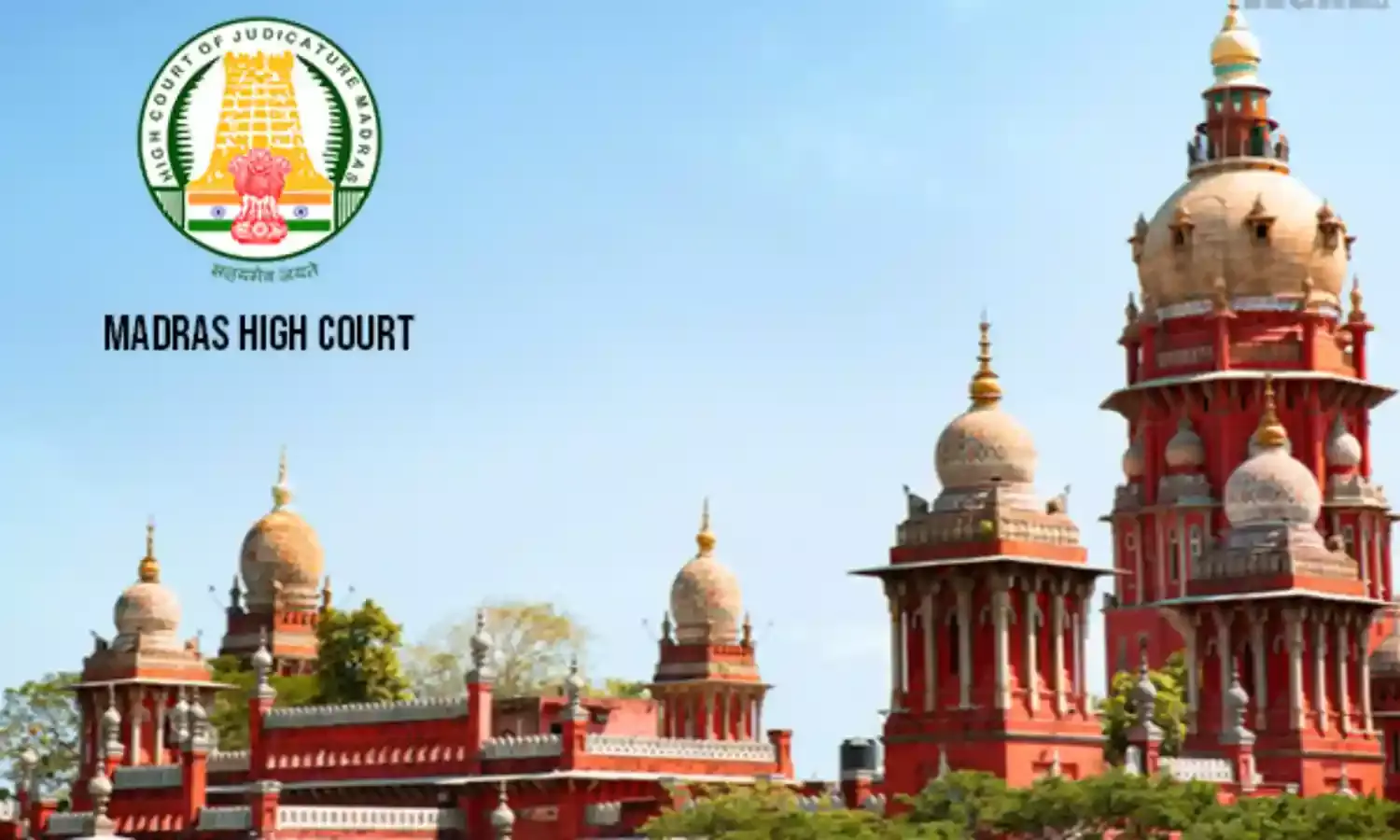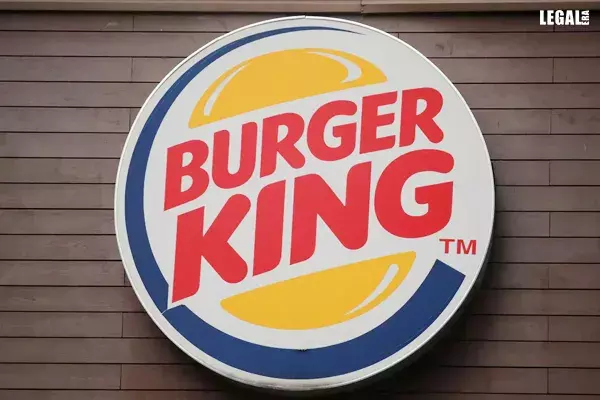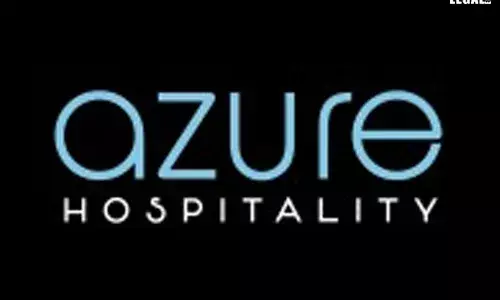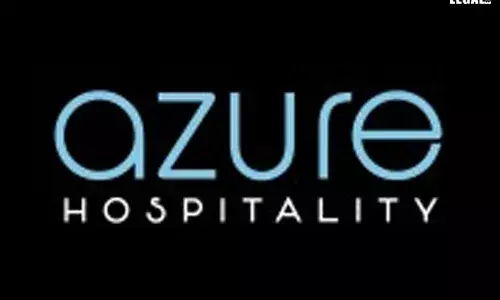Madras High Court:t Regulation 12A is not unconstitutional the time limit in Regulation 12A(7) may be revisited by the IBBI
The Petition filed under Article 226 of the Constitution of India, praying to issue a writ of declaration declaring Regulation;

Madras High Court: Regulation 12A is not unconstitutional the time limit in Regulation 12A(7) may be revisited by the IBBIThe Petition filed under Article 226 of the Constitution of India, praying to issue a writ of declaration declaring Regulation 7A of the Insolvency and Bankruptcy Board of India (Insolvency Professionals) Regulations, 2016, read with Bye-law 12A IBBI (Model Bye laws...
Madras High Court: Regulation 12A is not unconstitutional the time limit in Regulation 12A(7) may be revisited by the IBBI
The Petition filed under Article 226 of the Constitution of India, praying to issue a writ of declaration declaring Regulation 7A of the Insolvency and Bankruptcy Board of India (Insolvency Professionals) Regulations, 2016, read with Bye-law 12A IBBI (Model Bye laws and Governing Board of Insolvency Professional Agencies) Regulations 2016, has been dismissed by the Madras High Court.
The Appellant(CA V.VenkataSivakumar) had mainly contended that he applied for an AFA (authorisation for assignment)in terms of Regulation 7A of the IP Regulations on 31.12.2019 and his application was rejected on 14.01.2020&the rejection of the application for AFA was communicated to him on 16.07.2020.
It was stated that once a person is registered as an IP, he cannot be called upon to continually obtain an AFA on an ongoing annual basis. His right to carry on the profession of an IP (insolvency professional) has been adversely impacted by the impugned regulations which deprive him of the opportunity of accepting assignments as an IP without an AFA notwithstanding the fact that he is a registered IP. Consequently, Article 19 and 21of the Constitution are violated.
It was also submitted that Regulation 12A (7) stipulates a seven day time limit for filing an appeal before the Membership Committee. This time limit is so short as to render the right of appeal as illusory. In addition, the criteria prescribed under Regulation 12A (2) are unreasonable, vague and arbitrary.
The Respondent mainly contended that there can be no doubt as regards the power of the IBBI (Insolvency and Bankruptcy Board of India) to frame Regulation 7A. As regards the Petitioner, he enrolled as a professional member of the IIIPI (Institute of Insolvency Professionals of the ICAI), which is an IPA established by the ICAI. Therefore, for purposes of obtaining the AFA, he is required to apply to the said IPA. None of the criteria for being eligible to obtain an AFA under Regulation 12A (2) can be said to be unreasonable or arbitrary.
The High Court observed that the IBBI is empowered to frame Regulation 7A of the IP Regulations and Regulation 12A of the Model Bye-Laws IPA Regulations. In turn, the IPAs, including the IIIPI, are empowered to frame bye-laws in consonance with the model bye-laws. Given the fact that the IBBI has framed the Model ByeLaws IPA Regulations and IPAs, such as the IIIPI, have framed bye-laws in consonance with the model bye-laws, it cannot be said that there is excessive delegation.
Indeed, Section 205 of the IBC expressly stipulates that, subject to the provisions of the IBC and rules and regulations thereunder, after obtaining the approval of the IBBI, an IPA should frame bye-laws that are consistent with the model bye-laws framed by the IBBI.
It was also asserted by the Court that the existence of more than one authority with regulatory or disciplinary control over a professional is per se not a ground to hold that the impugned regulations are unconstitutional. In the specific context of IPs, the registration of an enrolled professional member as an IP and the cancellation of such registration are within the domain of the IBBI, whereas the grant of or cancellation of membership and the issuance, renewal and cancellation of an AFA are within the domain of the IPA, which functions under the supervisory control of the IBBI.
Section 238A of the IBC only applies to proceedings before the Adjudicating Authority under the IBC and to proceedings under the IBC before the NCLT, NCLAT, DRT and DRAT. Therefore, Section 238 A of the IBC did not apply in this situation.
It was also put forth that the time limit under Regulation 12 A(7) of the Model Bye-LawsIPA Regulations clearly runs from the date of receipt of the order, and the Petitioner would be entitled to reckon limitation from 16.07.2020 if that were indeed the date of receipt of the order of rejection as alleged.
More importantly, in contrast to a withdrawal of registration or loss of professional membership as an IP, the rejection of the application for an AFA is not final and apart from the appellate remedy, it is always open to the IP concerned to remedy the non-compliance, as cited in the order of rejection, and re-apply.
It was concluded that Regulation 12A is not unconstitutional. Nonetheless, the time limit prescribed in Regulation 12A(7) may be revisited by the IBBI by considering an appropriate amendment either providing for a larger time limit or by conferring power to condone delay for sufficient cause.





